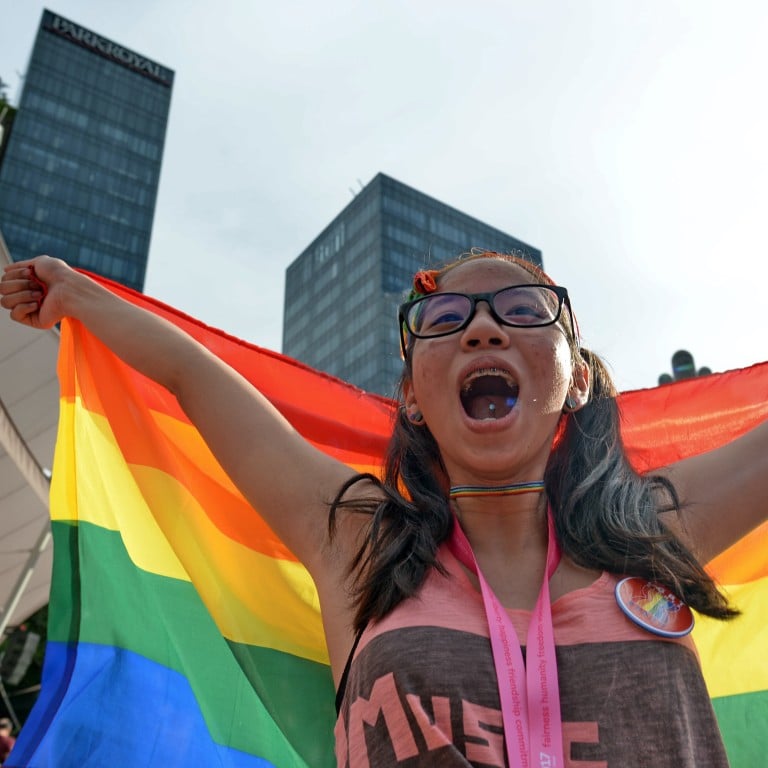
Why Southeast Asia’s LGBT community is finally coming out
- Social media, K-pop, boys love dramas and gay characters on Netflix – all have played a part in bringing LGBT issues into the mainstream, activists say
- But greater visibility has also brought a backlash. On Facebook, people troll newlywed Thai men, in Indonesia, a woman was burned to death
What are ‘Asian values’ and is the concept still relevant today?
Simon, now 30, said he didn’t know how his friends would react to the pictures of him at the rally. He had not been open about his sexuality and felt that sharing the images on social media could suggest he was “part of that community”, he said.
“I remember just being scared to even post it or share it … then I started seeing likes from people that I never thought would get it, or would support me. So that was quite incredible,” Simon said.
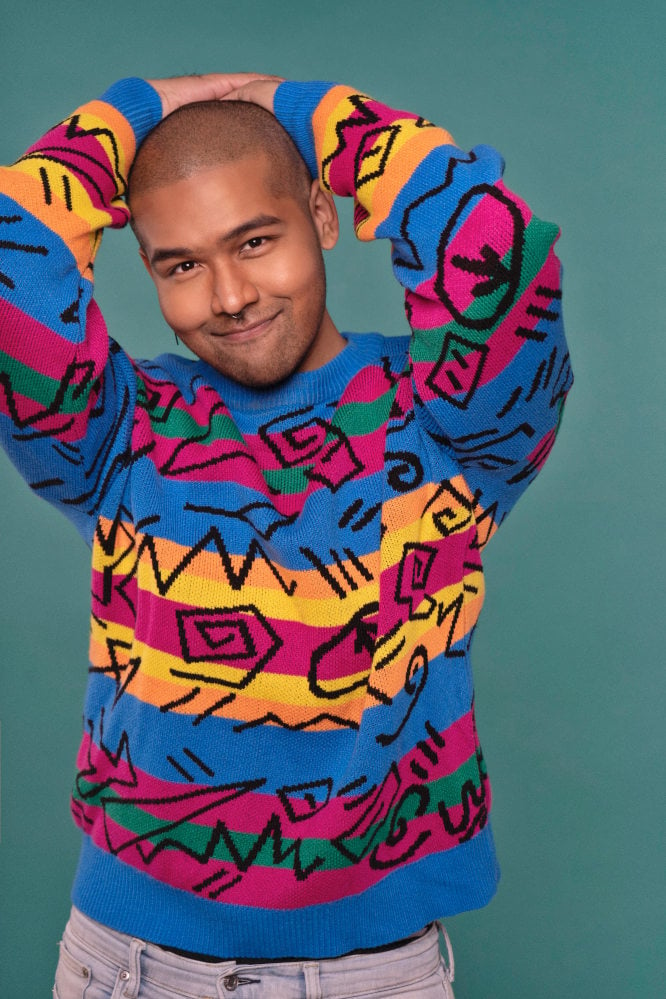
In 2019, Simon became one of the faces for Pink Dot. That same year, he pulled out of a TEDx talk hosted by a local university after he was asked not to make “sensitive” comments about his sexuality. That made headlines in Singapore and Simon “pretty much had to then come out to the rest of the country”.
Today, he is one of three men who call themselves the SG Boys and run a podcast on gay issues, discussing everything from loneliness to what it was like coming out to their families.
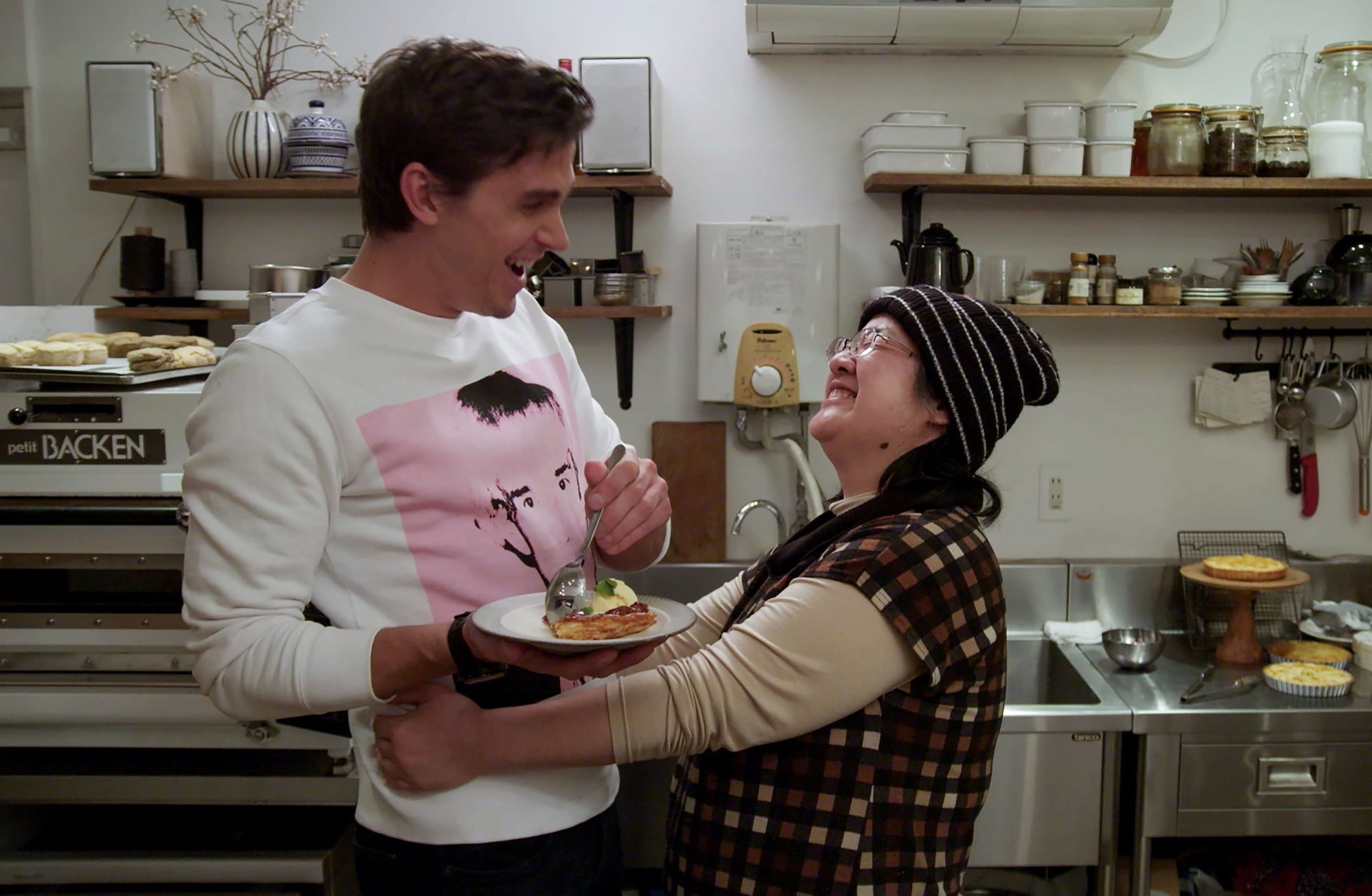
As Gavin Chow, who co-founded Malaysia’s People Like Us Hang Out (Pluho) in 2016, said: “People have the passion or drive to do something when the situation is quite bad … They feel if nobody else is doing it then they want to do it.”
Thailand’s Boys Love TV are a hit with Indonesians
INCREASED RESISTANCE
As Southeast Asia is largely conservative, advocating for LGBT rights can be an uphill battle.
“We are actually going backwards in terms of society’s acceptance,” said Zurlia.
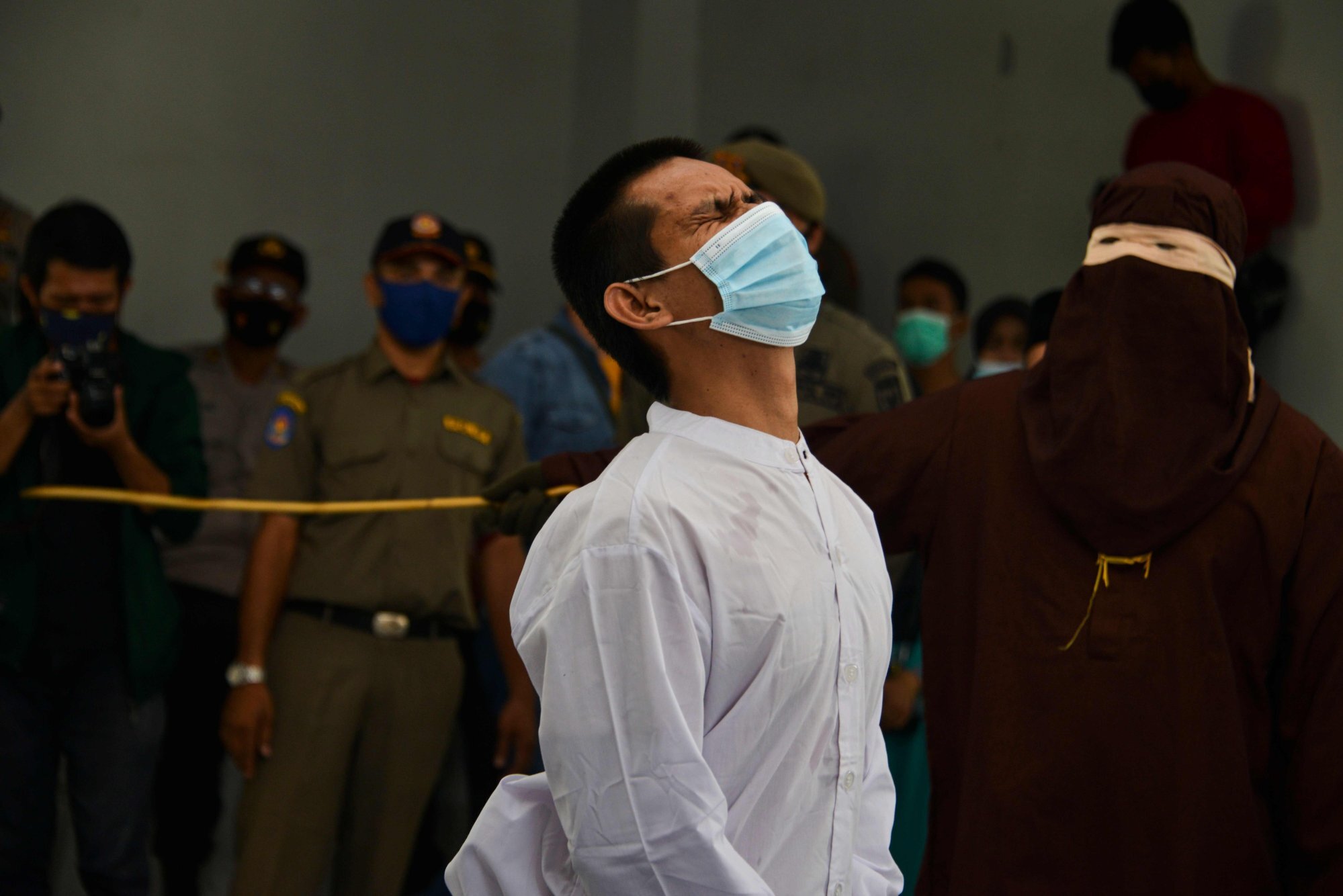
Zurlia cited the burning to death of a 42-year-old transgender woman in Indonesia last April and an attempt by lawmakers last year to pass the Family Resilience Bill. The bill included a controversial article requiring members of the public to notify authorities about people in same sex relationships so they could be sent to a government body for rehabilitation. In 2015, Zurlia’s group of activists were attacked when they held a rally on International Day against Homophobia. She said private spaces such as homes or hotel rooms were often raided for homosexual activities.
Trolls target Thai couple’s gay wedding photos
“People see our visibility as a threat when in reality, we are everyday people trying to live our lives,” she said.
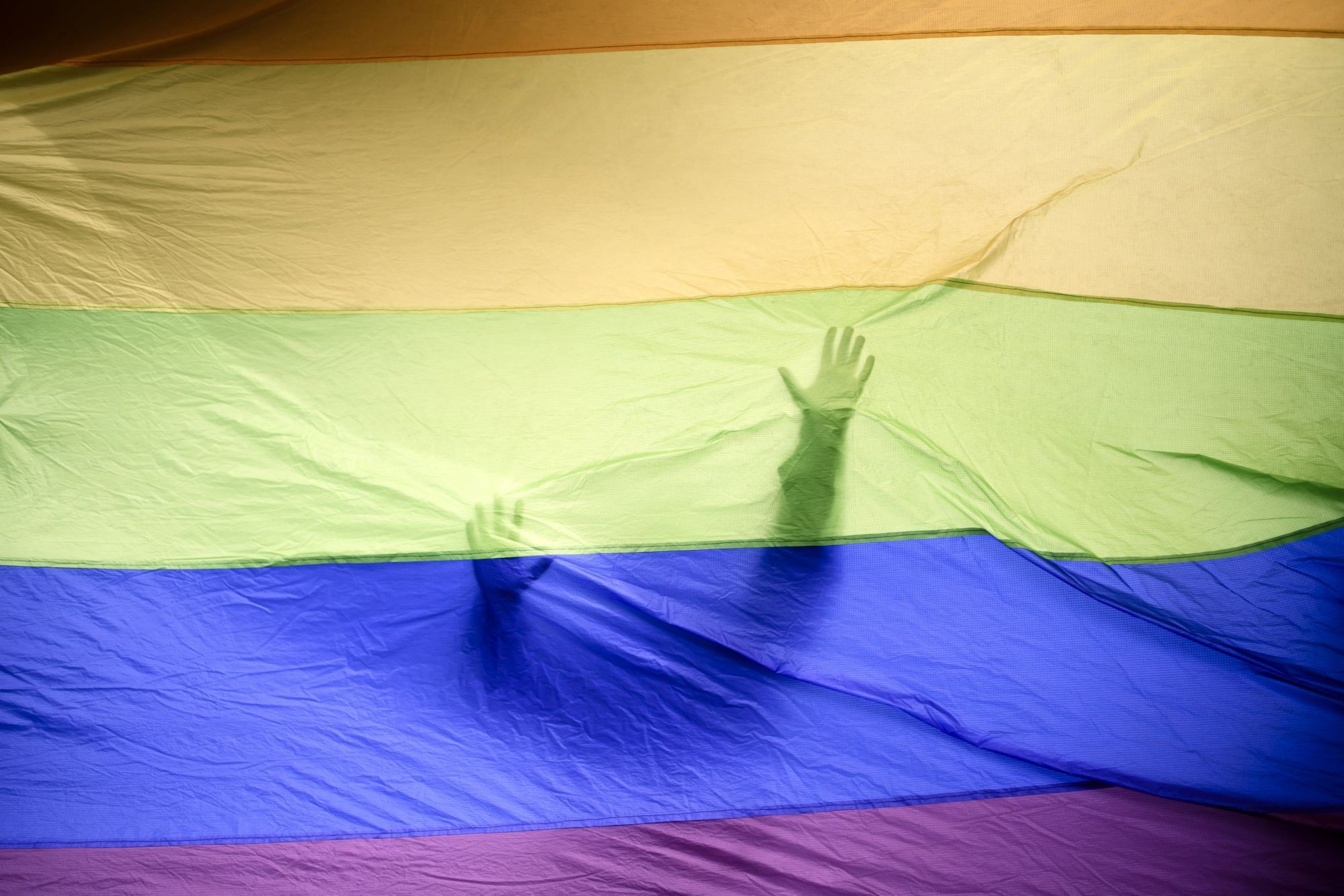
There has been a backlash in Malaysia, with the number of arrests under Islamic laws increasing, according to activists, although there are no conclusive statistics. In 2018, a Muslim man in his 30s was arrested in the central Selangor state on suspicion of attempting gay sex, an accusation he denies. Malaysia has a dual-track legal system, in which Islamic criminal and family laws applicable to Muslims run alongside secular civil laws. Over 60 per cent of its 32 million population are Malay Muslims.
In what gay activists see as a triumph, the man launched and won a court challenge, arguing that Selangor had no power to enforce an Islamic ban on “intercourse against the order of nature”. Malaysia’s top court ruled in February that the Islamic provision used in Selangor was unconstitutional and authorities had no power to enact the law.
But just last month, Nur Sajat, 35, a prominent transgender entrepreneur in Malaysia, received death threats after a video emerged that purportedly showed her renouncing Islam. She was also recently charged in a Sharia High Court after being accused of insulting Islam by dressing up as a woman at a religious event at her beauty centre in 2018. Sajat has since missed a court date and disappeared.
On gay sex, India has assumed an ancient position
There have been multiple attempts by gay men in Singapore to mount constitutional challenges to the colonial era law that criminalises gay sex. Last year, Parliament amended the Maintenance of Religious Harmony Act to make it clear that both religious groups as well as non-religious ones, like the LGBT community, were protected under the law.
Chow said these developments in Asia proved that homosexuality and its growing acceptance were not Western concepts that went against Asian values. “We need to decolonise some of these things,” he said.
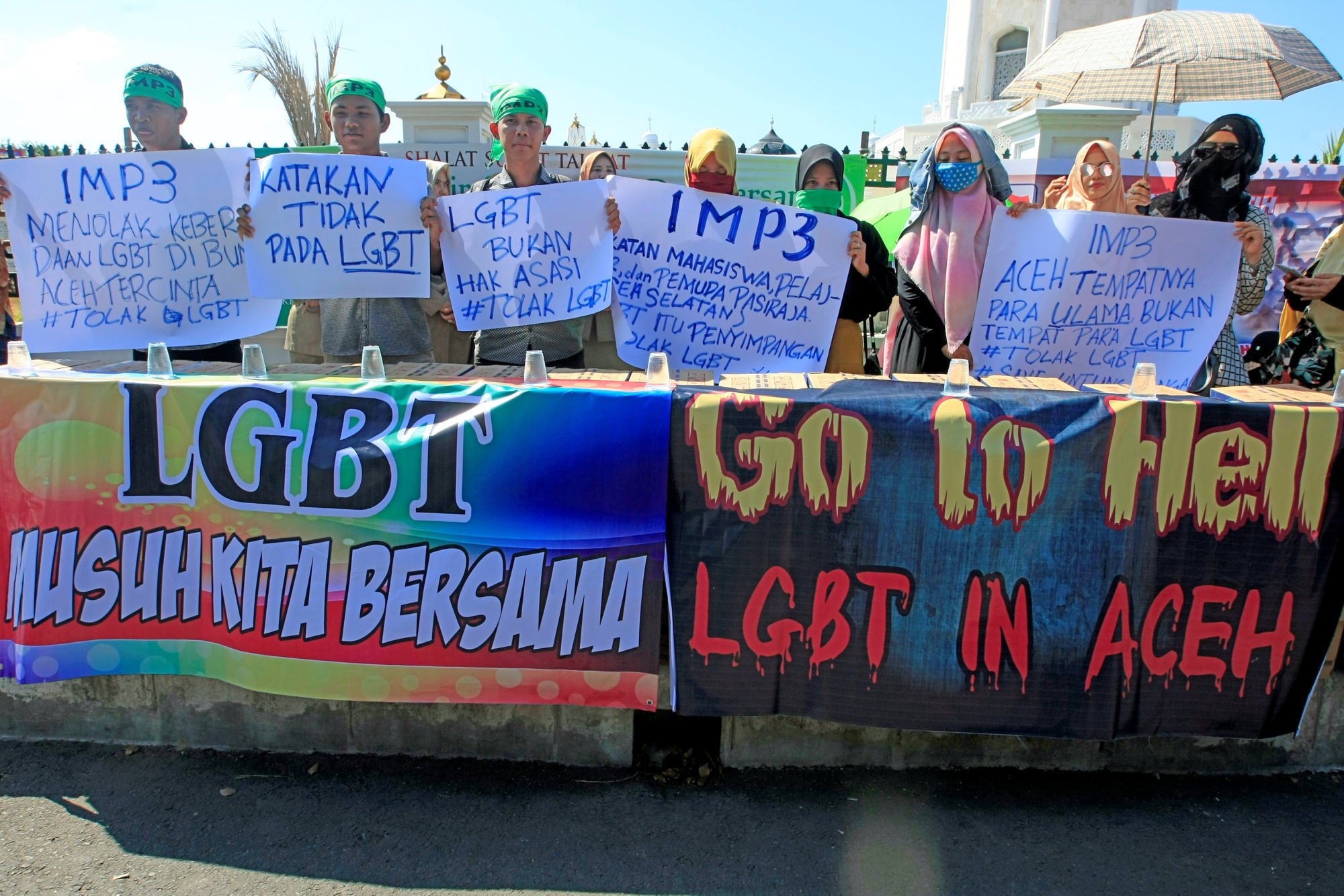
LOST IN TRANSITION
Still, not every LGBT person has the same experience. And whether one is lesbian, gay, bisexual or transgender, how the person presents himself, herself or even themselves, can affect their ability to be loud and proud. Income levels, education levels, location and family acceptance play a part too.
Early this year, a Singaporean transgender woman known as Ashlee took to Reddit to share her experience of the education system. Ashlee, who identifies as female, recalled how at school she was not allowed to keep her hair long or to wear the girls’ uniform. She also said the education ministry interfered with her hormonal therapy, an allegation the government denies. By the age of 17, Ashlee had decided to drop out of her junior college.
In a Facebook post, the education ministry said: “We are not in a position to interfere with any medical treatment, which is a matter for the family to decide on.”
The statement invited Ashlee to approach the school for clarification. It said Ashlee should do so to “discuss how the school can support his [sic] schooling better”.
Indonesia’s Zurlia said lesbian women and gay men who conformed with gender norms had “an easier life”. “Because no one can tell if you’re gay or lesbian,” she said. “But for those who are transgender, or lesbians who express masculine as well as gay men who wear their appearances more feminine, that is going to be harder.”
She said those in Indonesia who lived in big cities and studied in private schools had an easier time than students in rural areas and public schools. Acceptance in public depended on the venue. At K-pop concerts or gay clubs, for instance, “young people can dress however they want”. In regular public places? “Every time I’m out with my partner there will be people who stare at us,” she said.
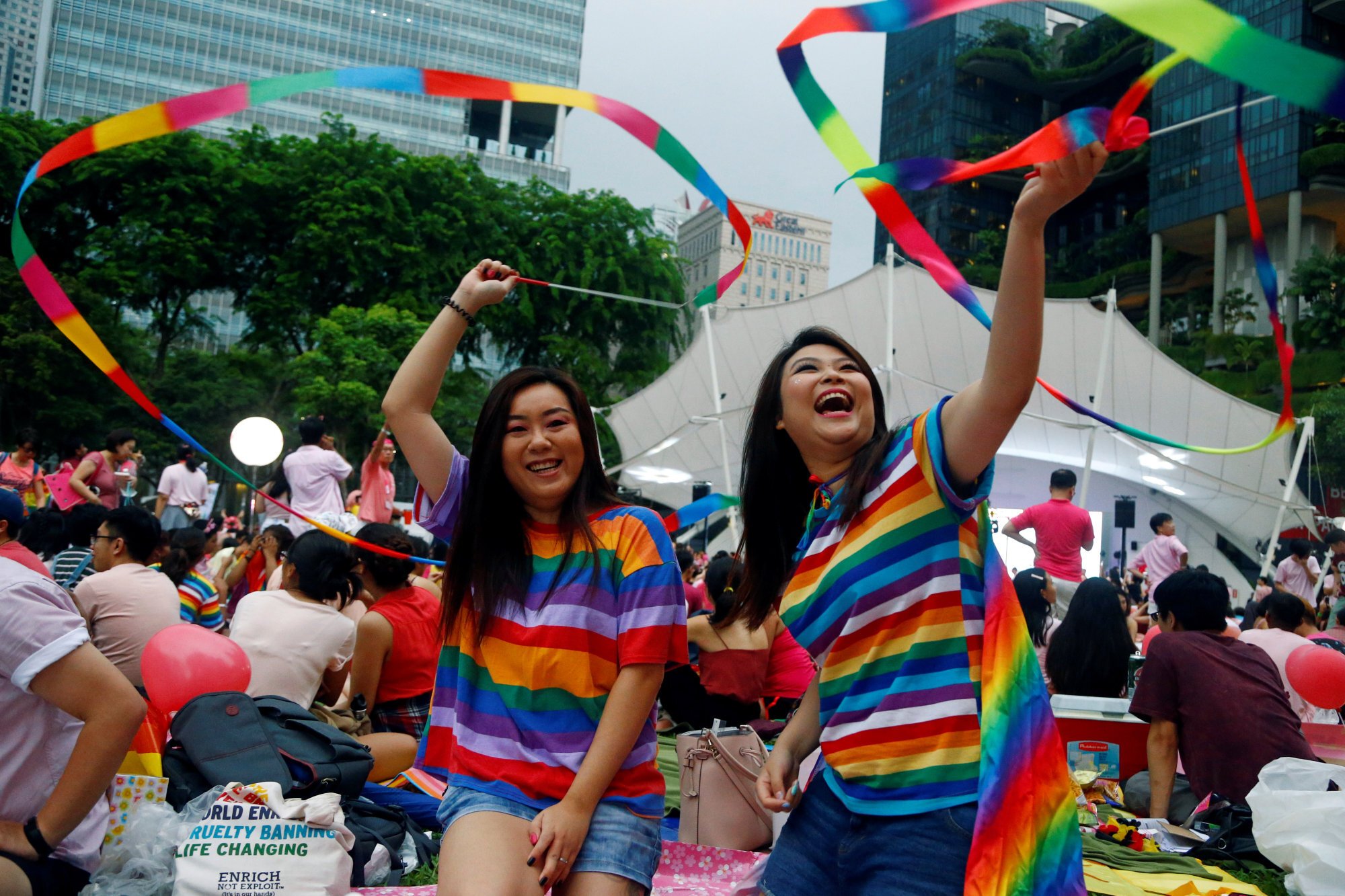
OVER THE RAINBOW
Activists said cooperation between advocacy groups domestically and across the region had helped bring LGBT causes into mainstream consciousness.
Chow of Pluho said he was grateful that when he started his organisation he could draw on the experience of other activists, such as those from Seksualiti Merdeka – a festival of art, theatre, music, and film that launched in 2008 to coincide with Malaysia’s National Day but was banned in 2011. In the same way, he wanted to help younger and newer groups. “There is a need for a more coordinated movement,” he said.
For Zurlia, cooperation was also about safety. After her group’s rally was attacked in 2015, the activists started teaming up with other groups rather than organising their own rallies. They now march with women’s rights groups on International Women’s Day and community organisations on Labour Day.
People see our visibility as a threat when in reality, we are everyday people trying to live our lives
In Thailand, Wongprasert said LGBT issues had been tied to pro-democracy movements with LGBT activists helping to organise the political events, thus bringing queer issues into the mainstream.
Cooperation goes across borders. Sulathireh, who was involved in Seksualiti Merdeka in Malaysia, said the event was inspired by Singapore’s IndigNation SG – a month-long series of LGBT events that started in August 2005 and coincides with the city state’s National Day. “The 2000s were a critical point … many of these groups were connecting with each other,” she said.
Going forward, the activists hope to see legal reform, better funding, more cooperation between advocacy groups and continued representation of LGBT people in the media.
Television shows were important, said Simon, because they gave people a reference for what LGBT people were like.

“They start to empathise with the character and start to have that understanding that, ‘Oh, that person happened to be gay I didn’t know that, that person is cool though. Okay, maybe I should start to rethink how I view queer people’,” he said.
Sulathireh said laws criminalising LGBT people had to go. “If you’re out but you cannot report a case of violence or discrimination against you, then how do you go about everyday life? I guess we’re focused on really looking at meaningful protection, fulfilment and promotion of rights, and no discrimination and violence against LGBT people,” she said.
“At the same time, it is important for everyday queer people, whether visible or not, to be equipped with knowledge about rights [and to] educate people that gender identity is real, that conversion therapy is a form of torture that has a harmful impact on LGBT people.”


